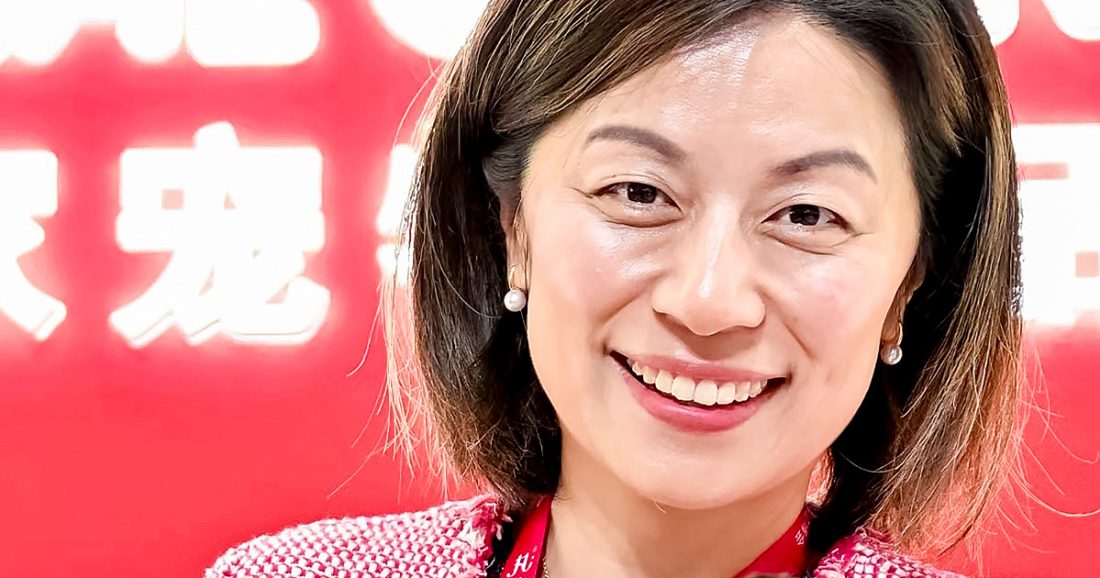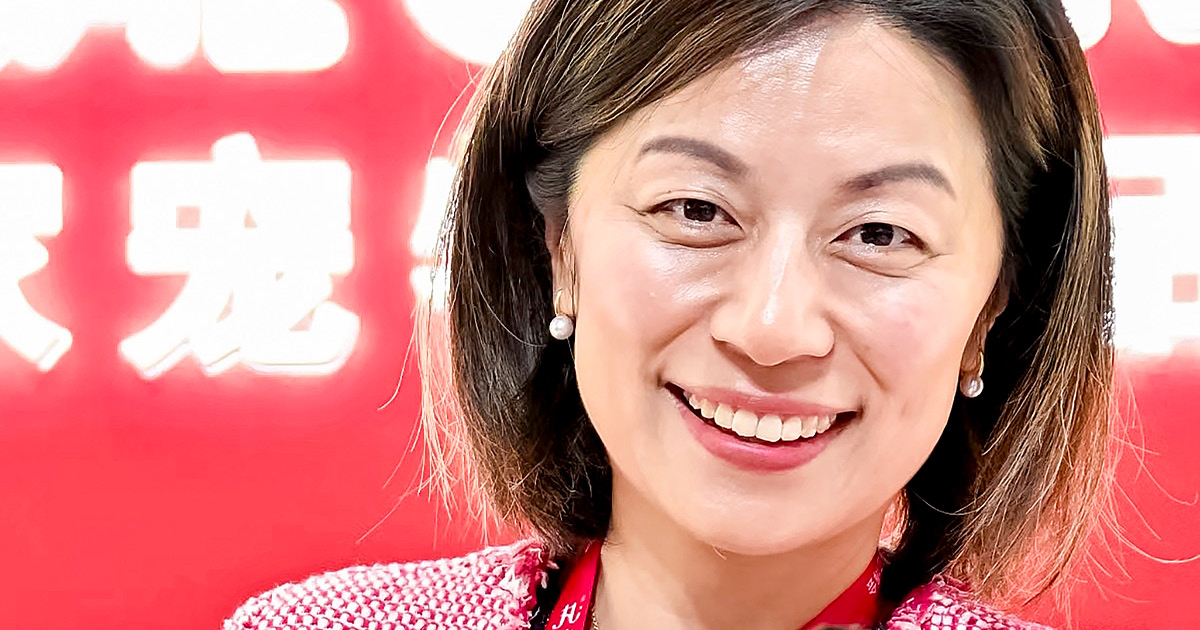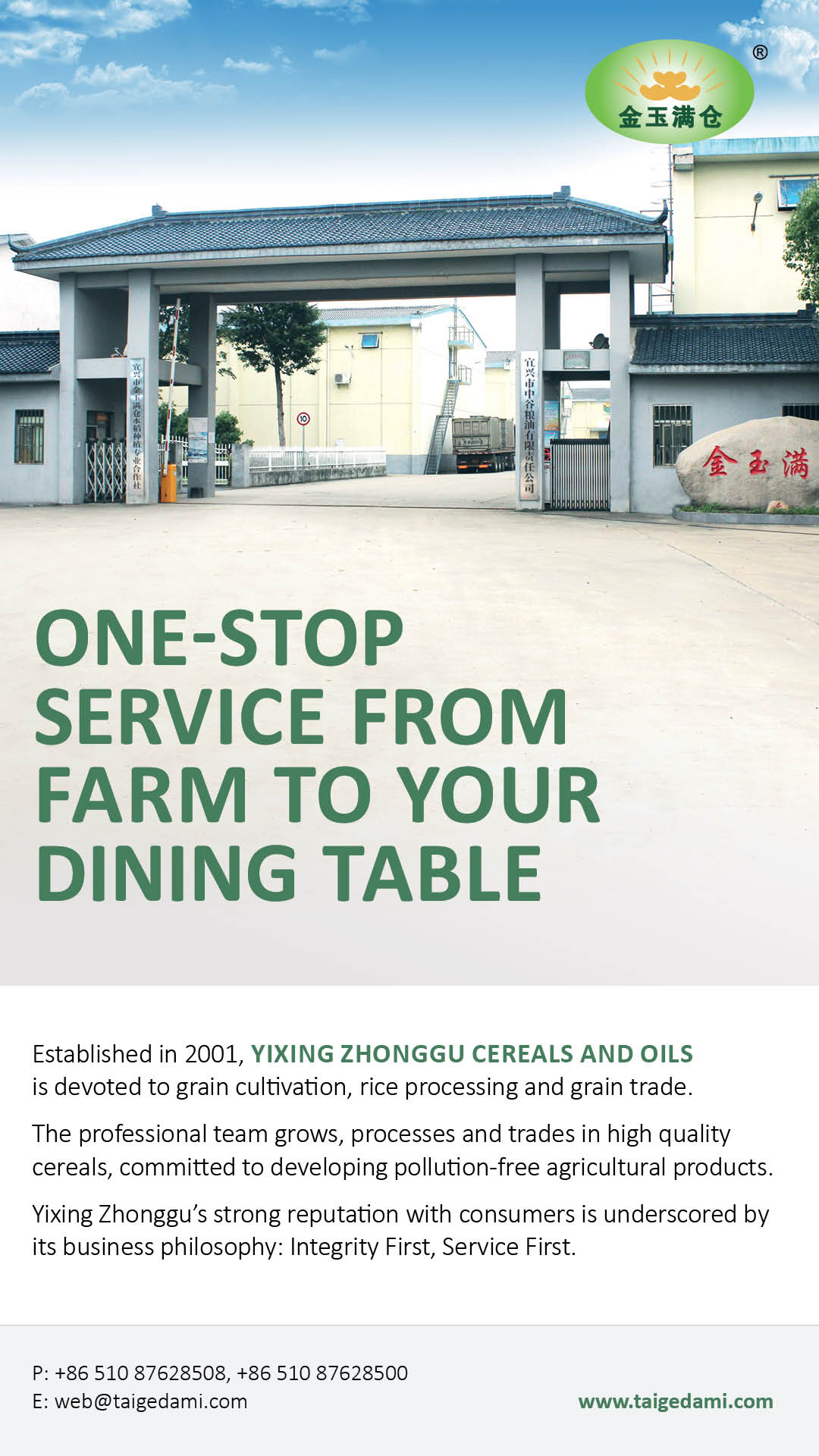One of the best ways to keep cats and dogs in top condition is a balanced diet. Over the years, pet food companies have pushed the envelope to the point where some owners feel their pets eat better than they do.
That can certainly seem the case for purchasers of Royal Canin pet food. Established in 1968 by French vet Jean Cathary, the company has staked its reputation on tailored nutrition specifically formulated to meet the nutritional needs of cats and dogs.
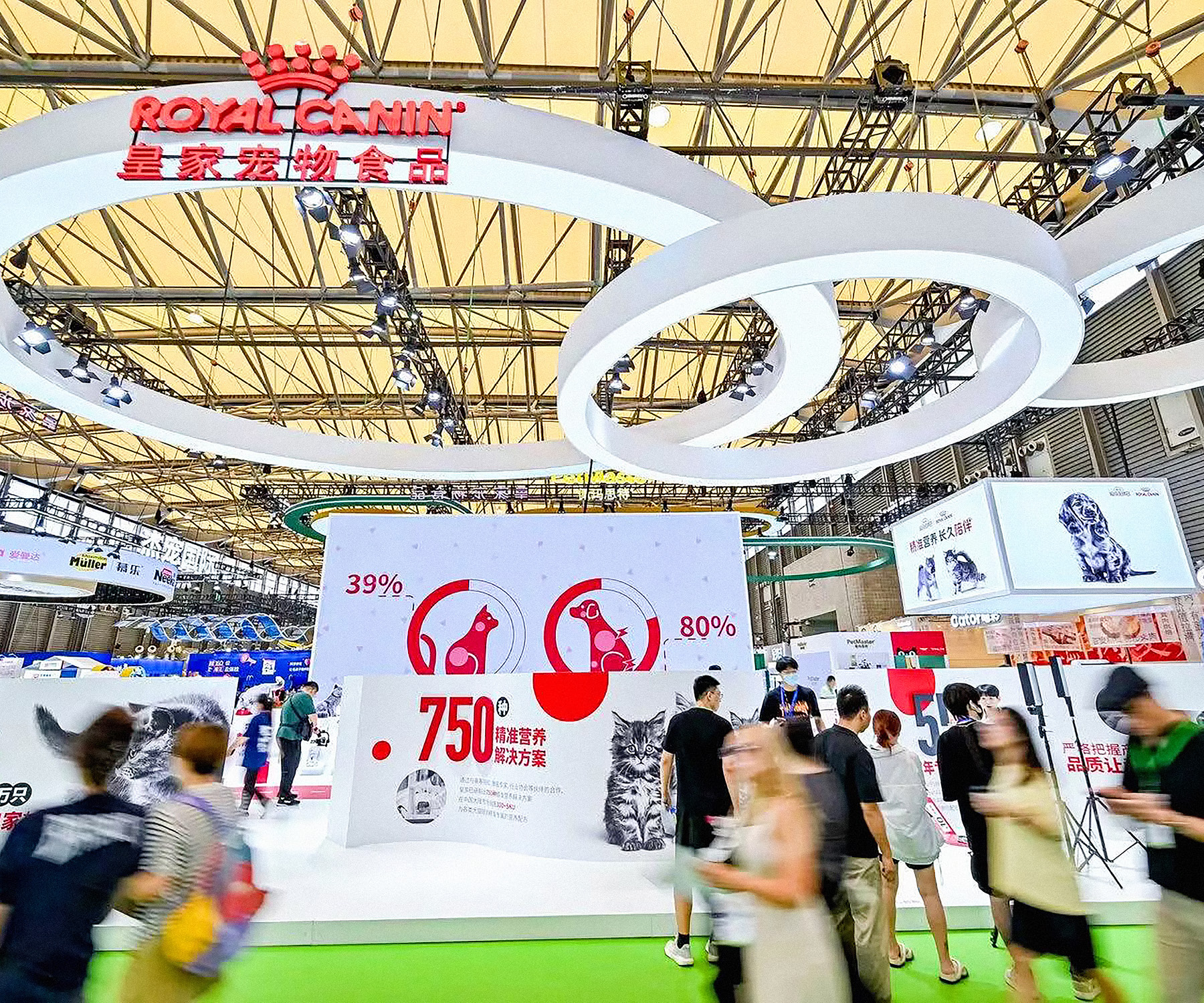
“I believe this market deserves much attention for our global innovation.”
Cathary’s belief in the positive impact food could have on the health of pets continues today. The tireless research conducted by Royal Canin into what makes for the best pet food has made it one of the leading brands in the global pet nutrition industry.
In China, where pet ownership is steadily increasing every year, Royal Canin has made a strong case for its high-performance products through its local arm of the business.
“As a responsible company, we need to promote the agenda of animal welfare,” Juan Xu, General Manager of Royal Canin China, tells The CEO Magazine.
“For many years, Royal Canin has been a good partner for breeders, vets and retailers to further enhance their professional knowledge. We have more than 50 years of nutrition knowledge and expertise.”
Leading the expansion
Xu joined Royal Canin in 2006, tasked with developing Chinese suppliers. At the time, Royal Canin was gearing up to accelerate business in China. Plans were in place to build a factory and fill out the team on the ground.
“In 2006, the pet industry in China was not as developed as it is today,” she recalls. “There was a great vision in place to go international and develop the business where the markets were growing fast. The Chinese market was like a dream.”
Over the past 18 years, Xu has worked hard to make that dream a long-lasting reality. By partnering with local firms such as YiXing Zhonggu Cereal & Oil Co, Xu has strengthened Royal Canin China’s product line as well as the company’s standing in the local industry.
“I spent seven years in procurement for the company. We developed a lot of suppliers and external partners. It was a great time,” she says. “Eventually, I was offered the role of plant manager for the new China factory and I took that on to expand my learning.”
A few years later, Xu was offered another promotion, this time into general management.
“One thing I’ve learned over the years is to never say never; in doing so, you build your professional and life experience and develop as a person,” she adds.
Building trust
Xu also learned to take risks, something that she was averse to early on.
“I think more and more I learned to take risks for others,” she reflects. “I’m seen as someone willing to take risks on young people, and that’s because people took risks on me early on. They trusted I could do different things, and I’ve passed that trust on.”
Trust has become a currency for Royal Canin, she adds.
“We’re famous for our consistency and our high quality. People trust us because we have those attributes,” she explains.
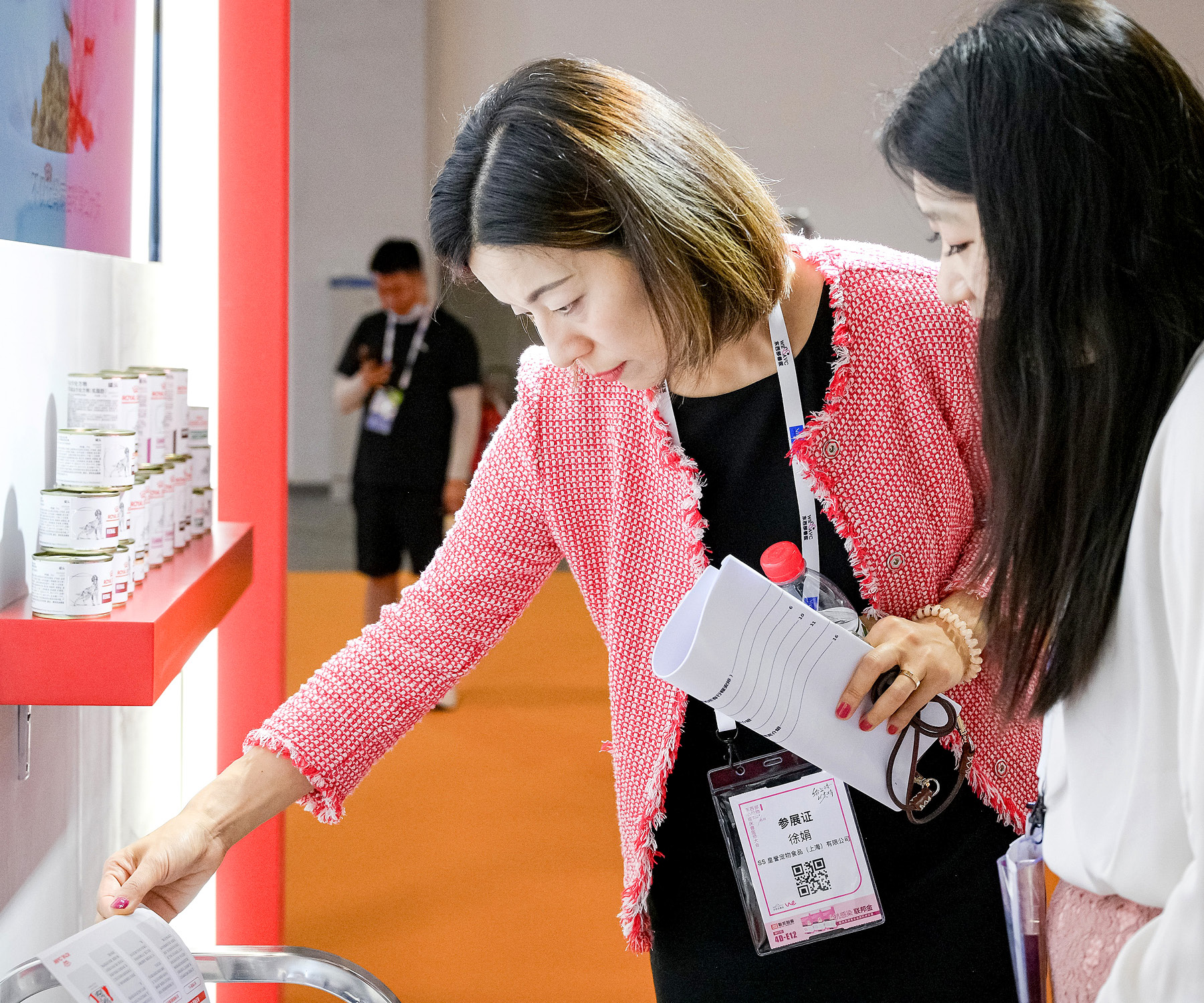
“We’re famous for our consistency and our high quality.”
“When the market is affected by new technology or trends, we aren’t easily influenced by that. Our philosophy is cats and dogs first, so we’ll very seriously assess any new developments and determine whether they’ll help us achieve our goals. That’s how we stay consistent.”
China is an agile market, always evolving and fiercely competitive. To survive, Xu says Royal Canin relies on its strengths.
“We excel at pet health solutions. We excel at providing professional recommendations for pets,” she confirms. “To make that standing even more solid, there are advanced solutions we have globally that are yet to hit the Chinese market.”
Maintaining connections
Xu says she’s in constant contact with the greater Royal Canin family to make sure China can become increasingly sophisticated when it comes to products.
“We have a long-term, five-year plan for product launches in China,” she reveals. “One day, I want China to be the first market for new product launches because I believe this market deserves much attention for our global innovation.”
Royal Canin China has a strong connection with its consumers, she adds.
“Chinese pet owners are historically very good at seeking professional product recommendations. They want the best, and they want an emotional connection with the brands they use,” she says. “We need to transfer our knowledge and expertise to those pet owners so they’re doing the best they can for their pets.”
Meanwhile, the company is also doing the best it can for the environment.
“Animal welfare is our first priority when it comes to sustainability, but we’re also working hard in terms of energy consumption reduction, packaging and electronic transportation to reduce our carbon footprint,” Xu says.
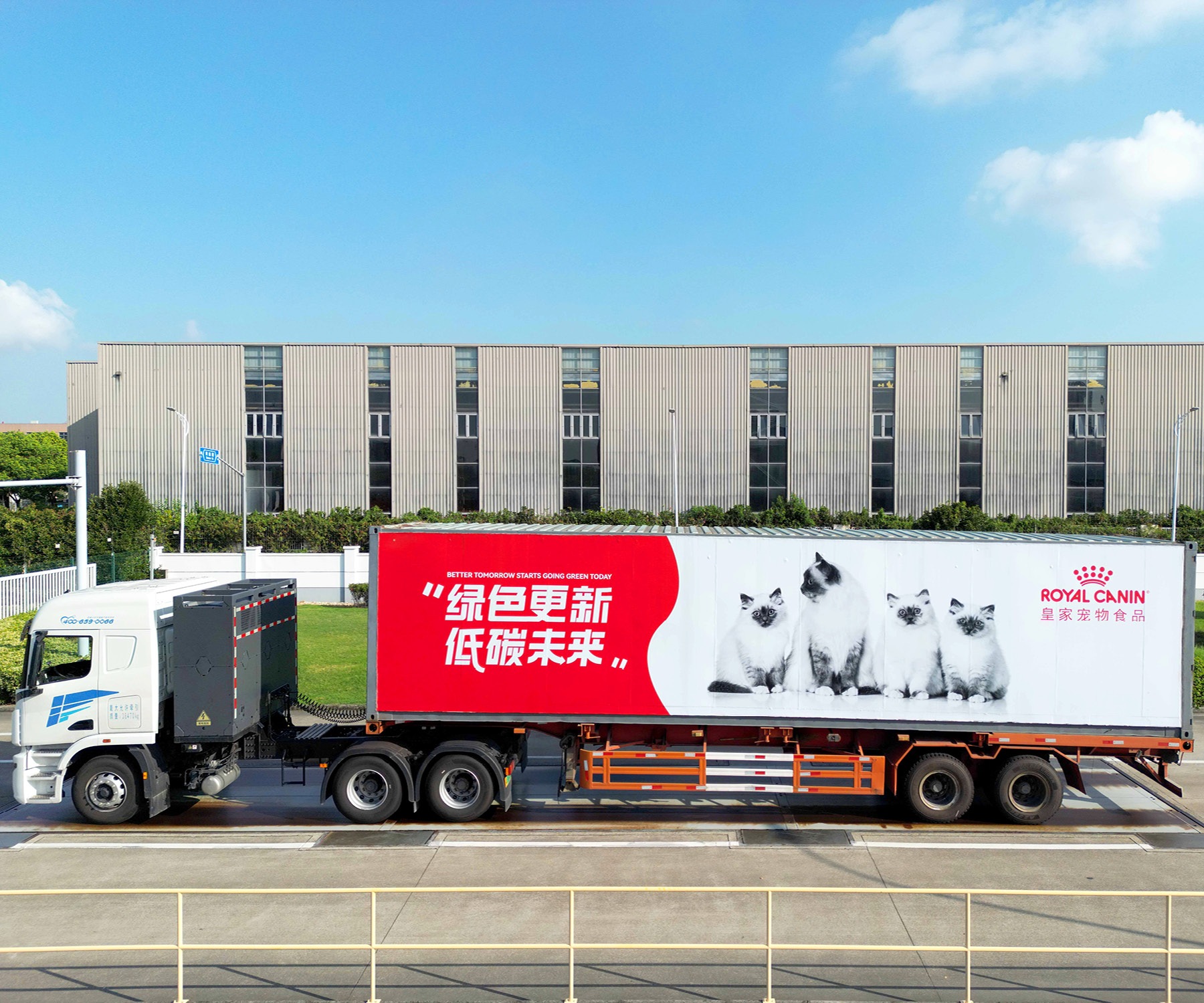
“Our focus is on creating a new ecosystem with all of our partners, but with the consistency we’re known for.”
The pet food industry of 2024 is not the same as it was in 2006, Xu acknowledges. But Royal Canin’s expertise, experience and bank of trust are competitive advantages in today’s marketplace.
“The quality of pet food is becoming more and more sophisticated. Our focus is on creating a new ecosystem with all of our partners, but with the consistency we’re known for,” she explains.
“It’s been a rich experience for myself, but I’m also happy to have helped develop a business full of passion for pets, for people and the success of the industry.
“We always say that as a pet-centric business, Royal Canin is a human adventure.”

